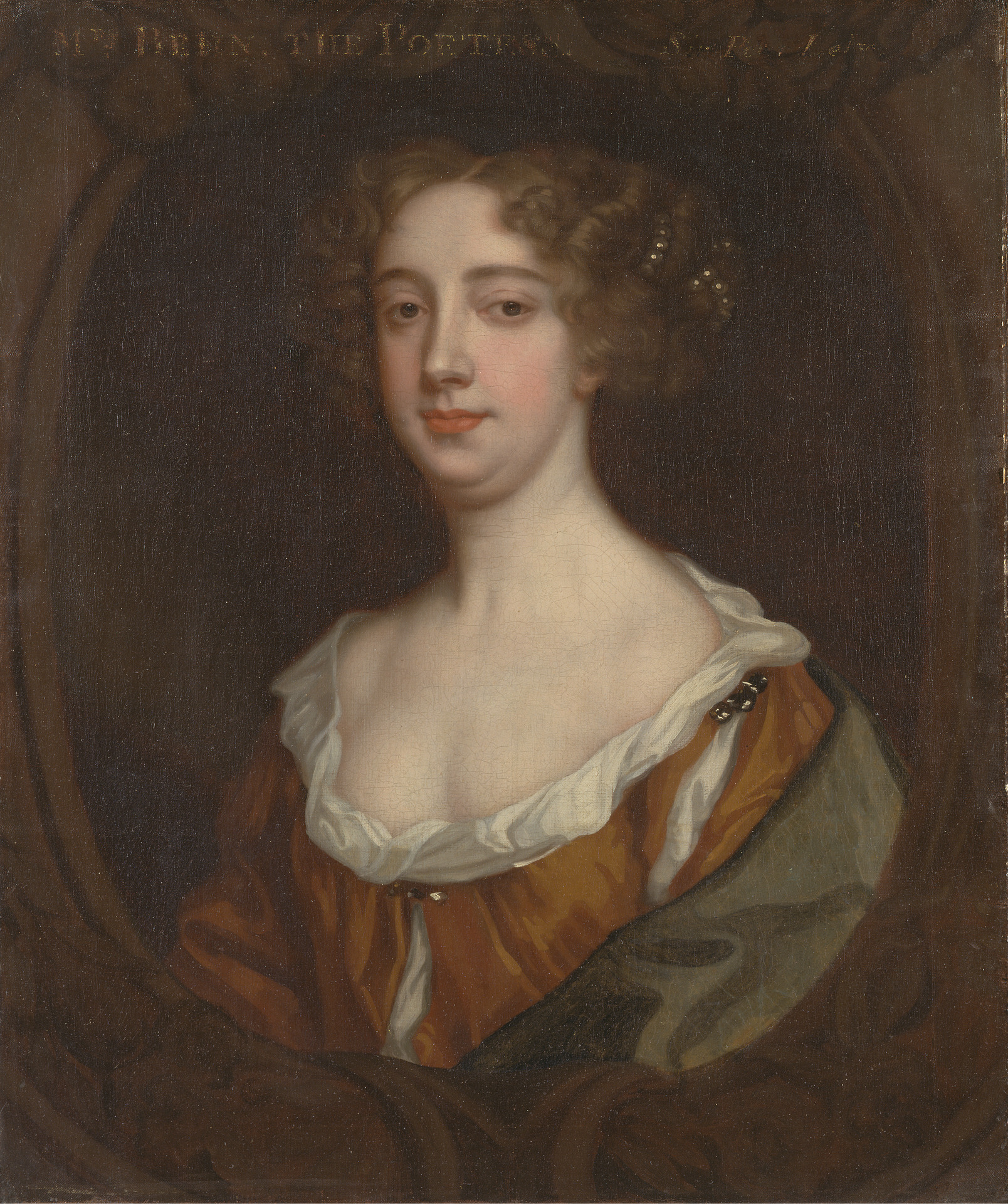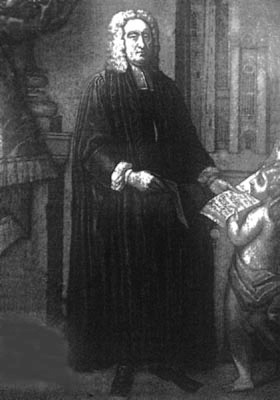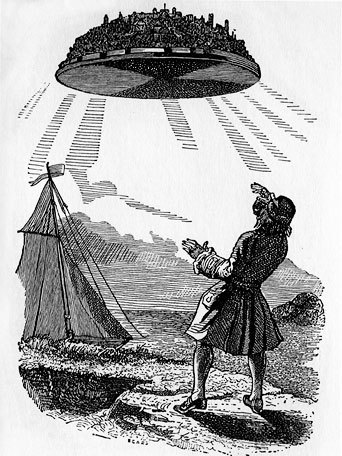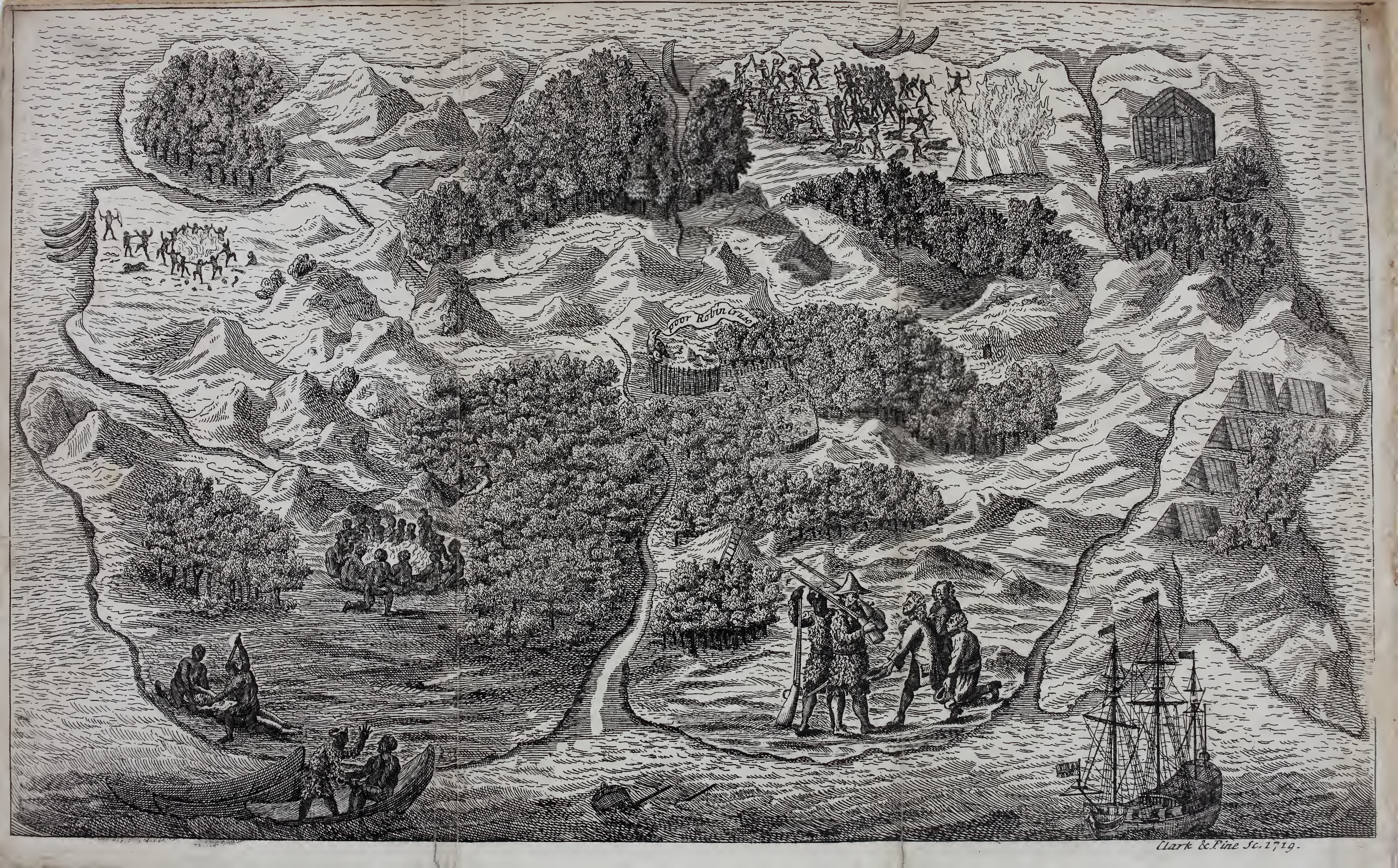|
Oroonoko
''Oroonoko: or, the Royal Slave'' is a work of prose fiction by Aphra Behn (1640–1689), first published in 1688 by William Canning and reprinted later that year in the compilation ''Three Histories by Mrs. A. Behn''. The eponymous hero is an African prince from Coramantien who is tricked into slavery and sold to European colonists in Surinam where he meets the narrator. Behn's text is a first-person account of Oroonoko's life, love, and rebellion. Behn, often cited as the first known professional female writer, was a successful playwright, poet, translator and essayist. She began writing prose fiction in the 1680s, probably in response to the consolidation of theatres that led to a reduced need for new plays. Published less than a year before she died, ''Oroonoko'' is sometimes described as one of the first novels in English. Interest in ''Oroonoko'' has increased since the 1970s, with critics arguing that Behn is the foremother of British female writers, and that ''Oro ... [...More Info...] [...Related Items...] OR: [Wikipedia] [Google] [Baidu] |
Aphra Behn
Aphra Behn (; baptism, bapt. 14 December 1640 – 16 April 1689) was an English playwright, poet, prose writer and translator from the Restoration (England), Restoration era. As one of the first English women to earn her living by her writing, she broke cultural barriers and served as a literary role model for later generations of women authors. Rising from obscurity, she came to the notice of Charles II of England, Charles II, who employed her as a spy in Antwerp. Upon her return to London and a probable brief stay in debtors' prison, she began writing for the stage. She belonged to a coterie of poets and famous libertines such as John Wilmot, Lord Rochester. Behn wrote under the pastoral pseudonym Astraea (mythology), Astrea. During the turbulent political times of the Exclusion Crisis, she wrote an epilogue and prologue that brought her legal trouble; she thereafter devoted most of her writing to prose genres and translations. A staunch supporter of the Stuart line, Beh ... [...More Info...] [...Related Items...] OR: [Wikipedia] [Google] [Baidu] |
Coromantee
Coromantee, Coromantins, Coromanti or Kormantine (derived from the name of the Ghanaian slave fort Fort Amsterdam, Ghana, Fort Kormantine in the Ghanaian town of Kormantse, Central Ghana) is an English-language term for Atlantic slave trade, enslaved people from the Akan people, Akan ethnic group, taken from the Gold Coast (region), Gold Coast region in modern-day Ghana. Etymology The name Coromantee, Kromantyn or Kromanti, in both Jamaica and Suriname, is derived from the Fante people, Fanti town of their imprisonment known as Kormantse. The Fantes and British captured their rivals the Asantes and these captives were sent to British colonies such as Jamaica. While Dutch Komenada Fantes allied themselves to capture British allied Fantes to Dutch colonies such as Suriname. Due to their militaristic background, Coromantins organized dozens of slave rebellions in Jamaica and elsewhere in the Americas. Their fierce and rebellious nature became so notorious among European slave t ... [...More Info...] [...Related Items...] OR: [Wikipedia] [Google] [Baidu] |
Thomas Southerne
Thomas Southerne (12 February 166026 May 1746) was an Irish dramatist. Biography Thomas Southerne, born on 12 February 1660, in Oxmantown, near Dublin, was an Irish dramatist. He was the son of Francis Southerne (a Dublin brewer) and Margaret Southerne. He had one daughter, Agnes, of whom the mother is unknown. He attended Trinity College, Dublin, in 1676 for two years. In 1680, he began attending Middle Temple, London, to study law but was drawn away by his interest for theater. By 1682 he was greatly influenced by John Dryden and produced his first play, '' The Loyal Brother'', which was performed at the Theatre Royal, Drury Lane by the King's Company. Southerne bought his prologue and epilogue from Dryden, who made extra income from his ability to turn such pieces. Despite his friendship with the new playwright, Dryden raised his prices for Southerne".(Kaufman) In 1684, Southerne produced his second play, '' The Disappointment, or, The Mother in Fashion'' (Kaufman). Howev ... [...More Info...] [...Related Items...] OR: [Wikipedia] [Google] [Baidu] |
List Of Claimed First Novels In English
A number of works of literature have been claimed to be the first novel in English. List of candidates * Thomas Malory, ''Le Morte d'Arthur'' (a.k.a. ''Le Morte Darthur''), (written c. 1470, published 1485) * William Baldwin, '' Beware the Cat'', (written 1553, published 1570, 1584) * John Lyly, '' Euphues: The Anatomy of Wit'' (1578) and '' Euphues and his England'' (1580) * Philip Sidney, '' The Countess of Pembroke's Arcadia'' (a.k.a. ''Arcadia'') (1581) * Margaret Cavendish, '' The Description of a New World, Called The Blazing-World,'' (a.k.a. ''The Blazing World'') (1666) * John Bunyan, '' The Pilgrim's Progress from This World, to That Which Is to Come '' (1678) * Aphra Behn, '' Oroonoko: or, the Royal Slave'' (1688) *Anonymous, '' Vertue Rewarded'' (1693) * Daniel Defoe, '' The Life and Strange Surprizing Adventures of Robinson Crusoe'' (a.k.a. ''Robinson Crusoe'') (1719) and '' The Farther Adventures of Robinson Crusoe'' (also 1719) * Samuel Richardson, ''Pamela, or Virt ... [...More Info...] [...Related Items...] OR: [Wikipedia] [Google] [Baidu] |
William Byam (colonialist)
William Byam (died 1672) was an English colonist, politician, and agriculturalist who lived during the periods of the English Civil Wars, Interregnum, and Restoration. He was active in English and Barbadian politics, and played a critical role in establishing and governing a short-lived English colony in what is now Suriname. The village of Braamspunt (a corruption of 'Byam's Point') is named after him. Early life, English Civil War, and Barbados William Byam was born in the 1620s to a Somerset family. He was educated at Trinity College, Dublin. Fighting on the side of the Royalists in the English Civil War, he was captured following the fall of Bridgwater to the Roundheads in 1645. Following this defeat he relocated to the Caribbean, like many other Cavaliers at the time. Settling in Barbados, he was described as a "known malignant" by the Roundhead government in London. Barbados had remained neutral in the civil war. However, the execution of Charles I of England bro ... [...More Info...] [...Related Items...] OR: [Wikipedia] [Google] [Baidu] |
Golden Age
The term Golden Age comes from Greek mythology, particularly the ''Works and Days'' of Hesiod, and is part of the description of temporal decline of the state of peoples through five Ages of Man, Ages, Gold being the first and the one during which the Golden Race of humanity ( ''chrýseon génos'') lived. After the end of the first age was the Silver age, Silver, then the Bronze Age (mythology), Bronze, after this the Greek Heroic Age, Heroic age, with the fifth and current age being Iron Age (mythology), Iron. By extension, "Golden Age" denotes a period of primordial peace, harmony, ecological stability, stability, and prosperity. During this age, peace and harmony prevailed in that people did not have to work to feed themselves for the earth provided food in abundance. They lived to a very old age with a youthful appearance, eventually dying peacefully, with spirits living on as "guardians". Plato in ''Cratylus (dialogue), Cratylus'' (397 e) recounts the golden race of humans ... [...More Info...] [...Related Items...] OR: [Wikipedia] [Google] [Baidu] |
Protagonist
A protagonist () is the main character of a story. The protagonist makes key decisions that affect the plot, primarily influencing the story and propelling it forward, and is often the character who faces the most significant obstacles. If a story contains a subplot, or is a narrative made up of several stories, then each subplot may have its own protagonist. The protagonist is the character whose fate is most closely followed by the reader or audience, and who is opposed by the antagonist. The antagonist provides obstacles and complications and creates conflicts that test the protagonist, revealing the strengths and weaknesses of the protagonist's character, and having the protagonist develop as a result. A particularly noble, virtuous, or accomplished protagonist is commonly called a ''hero,'' though the terms are not synonyms. Etymology The term ''protagonist'' comes , combined of (, 'first') and (, 'actor, competitor'), which stems from (, 'contest') via (, 'I conten ... [...More Info...] [...Related Items...] OR: [Wikipedia] [Google] [Baidu] |
Jonathan Swift
Jonathan Swift (30 November 1667 – 19 October 1745) was an Anglo-Irish writer, essayist, satirist, and Anglican cleric. In 1713, he became the Dean (Christianity), dean of St Patrick's Cathedral, Dublin, and was given the sobriquet "Dean Swift". His trademark deadpan and ironic style of writing, particularly in works such as ''A Modest Proposal'' (1729), has led to such satire being subsequently termed as "Swiftian". He wrote the satirical book ''Gulliver's Travels'' (1726), which became his best-known publication and popularised the fictional island of Lilliput and Blefuscu, Lilliput. Following the remarkable success of his works, Swift came to be regarded by many as the greatest satirist of the Georgian era, and one of the foremost prose satirists in the history of English literature. Swift also authored works such as ''A Tale of a Tub'' (1704) and ''An Argument Against Abolishing Christianity'' (1712). He originally published all of his works under pseudonyms—including L ... [...More Info...] [...Related Items...] OR: [Wikipedia] [Google] [Baidu] |
Gulliver's Travels
''Gulliver's Travels'', originally titled ''Travels into Several Remote Nations of the World. In Four Parts. By Lemuel Gulliver, First a Surgeon, and then a Captain of Several Ships'', is a 1726 prose satire by the Anglo-Irish writer and clergyman Jonathan Swift, satirising human nature and the imaginary "Imaginary voyage, travellers' tales" literary subgenre. It is Swift's best-known full-length work, one of the most famous classics of English literature, and popularised the fictional island of Lilliput and Blefuscu, Lilliput. The English poet and dramatist John Gay remarked, "It is universally read, from the cabinet council to the nursery." The book has been adapted for over a dozen films, movies, plays, and theatrical performances over the centuries. The book was an immediate success, and Swift claimed that he wrote ''Gulliver's Travels'' "to vex the world rather than divert it". Plot Part I: A Voyage to Lilliput The travel begins with a short preamble in which Lemuel Gu ... [...More Info...] [...Related Items...] OR: [Wikipedia] [Google] [Baidu] |
Daniel Defoe
Daniel Defoe (; born Daniel Foe; 1660 – 24 April 1731) was an English writer, merchant and spy. He is most famous for his novel ''Robinson Crusoe'', published in 1719, which is claimed to be second only to the Bible in its number of translations. He has been seen as one of the earliest proponents of the English novel, and helped to popularise the form in Britain with others such as Aphra Behn and Samuel Richardson. Defoe wrote many political tracts, was often in trouble with the authorities, and spent a period in prison. Intellectuals and political leaders paid attention to his fresh ideas and sometimes consulted him. Defoe was a prolific and versatile writer, producing more than three hundred works—books, pamphlets, and journals—on diverse topics, including politics, crime, religion, marriage, psychology and the supernatural. He was also a pioneer of business journalism and economic journalism. Early life Daniel Foe was probably born in Fore Street, London, Fore Street ... [...More Info...] [...Related Items...] OR: [Wikipedia] [Google] [Baidu] |
Indigenous Peoples Of South America
In South America, Indigenous peoples comprise the Pre-Columbian peoples and their descendants, as contrasted with people of European ancestry and those of African descent. In Spanish, Indigenous peoples are referred to as (), or (). The term () is used in Argentina, and () is commonly used in Colombia. The English term ''Amerindian'' (short for "Indians of the Americas") is often used in the Guianas. Latin Americans of mixed European and Indigenous descent are usually referred to as (Spanish) and (Portuguese), while those of mixed African and Indigenous ancestry are referred to as . It is believed that the first human populations of South America either arrived from Asia into North America via the Bering Land Bridge and migrated southwards or alternatively from Polynesia across the Pacific. The earliest generally accepted archaeological evidence for human habitation in South America dates to 14,000 years ago, and is located at the Monte Verde site in southern Chile. T ... [...More Info...] [...Related Items...] OR: [Wikipedia] [Google] [Baidu] |
Robinson Crusoe
''Robinson Crusoe'' ( ) is an English adventure novel by Daniel Defoe, first published on 25 April 1719. Written with a combination of Epistolary novel, epistolary, Confessional writing, confessional, and Didacticism, didactic forms, the book follows the title character (born Robinson Kreutznaer) after he is castaway, cast away and spends 28 years on a remote tropical desert island near the coasts of Venezuela and Trinidad, encountering Human cannibalism, cannibals, captives, and mutineers before being rescued. The story has been thought to be based on the life of Alexander Selkirk, a Scottish castaway who lived for four years on a Pacific island called "Más a Tierra" (now part of Chile) which was renamed Robinson Crusoe Island in 1966. Pedro Serrano (sailor), Pedro Serrano is another real-life castaway whose story might have inspired the novel. The first edition credited the work's protagonist Robinson Crusoe as its author, leading many readers to believe he was a real p ... [...More Info...] [...Related Items...] OR: [Wikipedia] [Google] [Baidu] |







